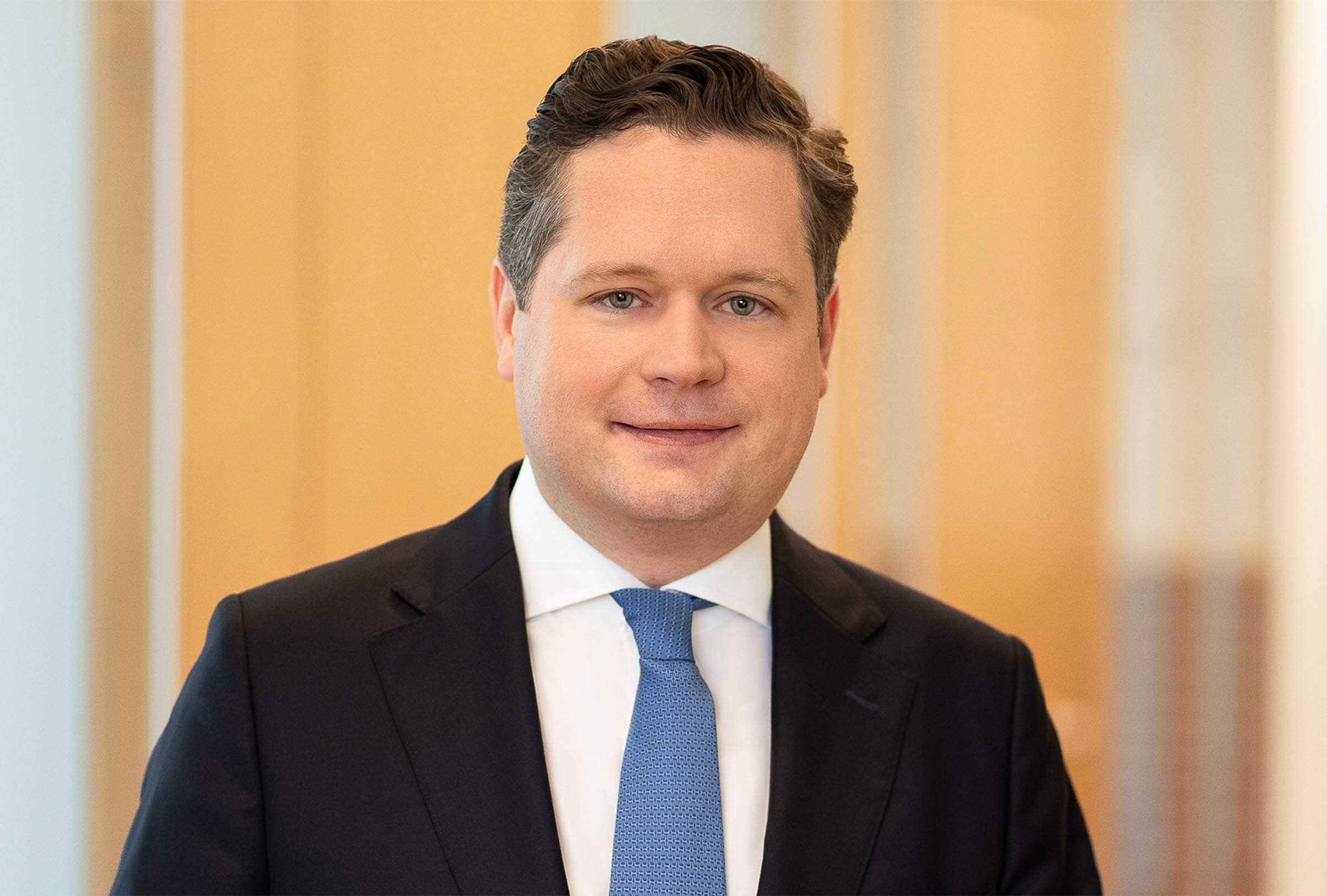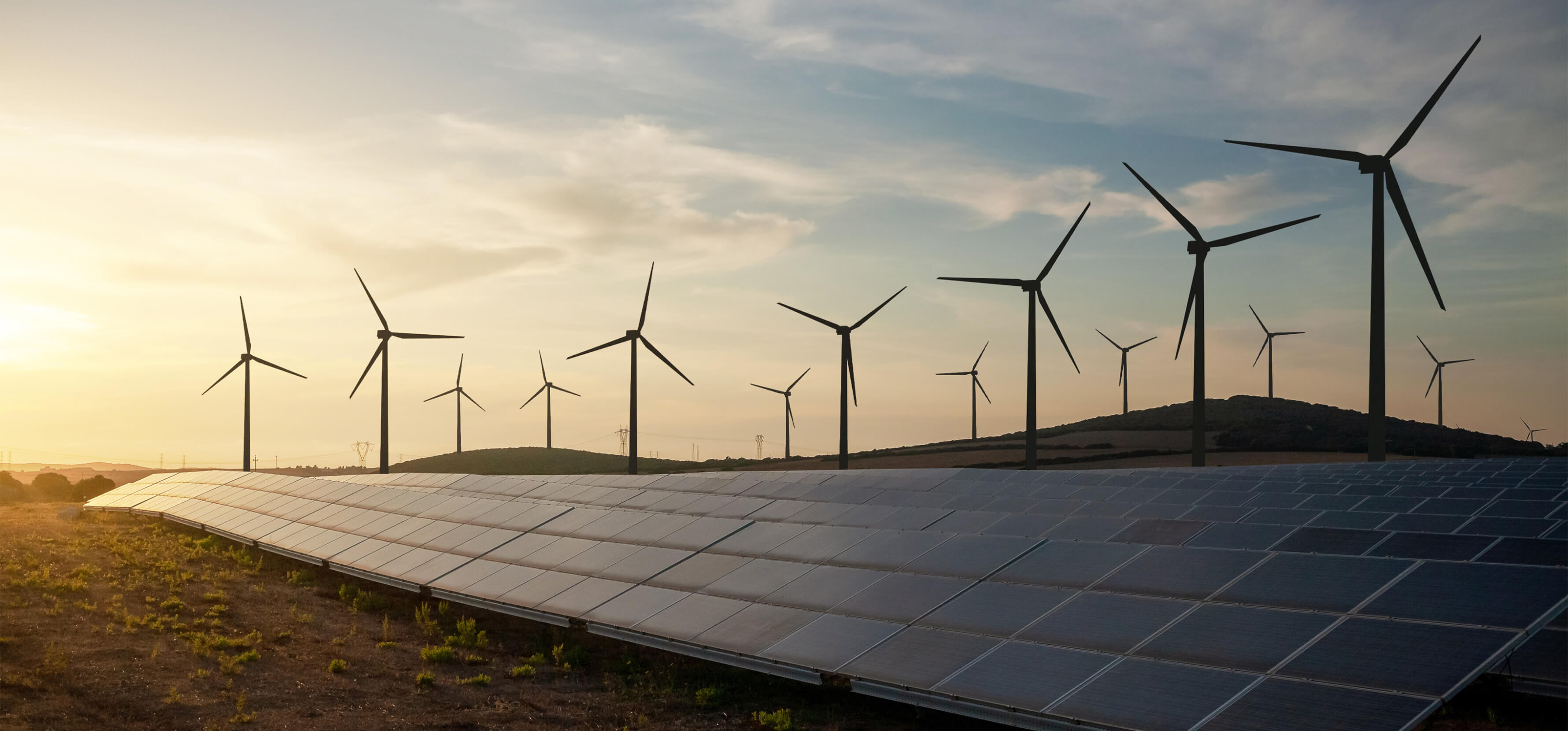Partner Hamburg
"Digital infrastructure and transformation are the central components of economic and technological development in Germany."
Hardly any other topic is as crucial for Germany’s future viability as digitalisation. Digital infrastructure and transformation are the central components of economic and technological development in Germany. The new 2025 coalition agreement of the federal government sets clear priorities for the modernisation and expansion of digital infrastructure, including data centres and fibre and mobile broadband.
Data centres
The 2025 coalition agreement sets forth a comprehensive strategy to strengthen Germany’s position as a leading European data centre hub. Through targeted measures and investments, the government aims to enhance technological capabilities, sustainability and competitiveness in the data centre sector.
According to the coalition agreement, the German government commits to supporting data centre clusters and both regional and decentralised settlements to create a robust and competitive data centre landscape that can attract significant investments and technological advancements.
"According to the coalition agreement, the German government commits to supporting data centre clusters and both regional and decentralised settlements to create a robust and competitive data centre landscape that can attract significant investments and technological advancements."
It also emphasises the need to accelerate the establishment and expansion of data centres, particularly, but not exclusively, in Eastern Germany. This will include facilitating operations through a practical interpretation of existing regulations and, if necessary, revision of said regulations. By reducing regulatory hurdles and providing clear guidelines, the government intends to create a more favourable environment for data centre development.
A key aim of the coalition agreement is to attract at least one European “AI-gigafactory” to Germany. This initiative is expected to boost the country’s capabilities in artificial intelligence (“AI”) and high-performance computing.
To facilitate the planning and integration of data centres into the power grid, the coalition is launching a digitalisation initiative for power grid operators. This initiative intends to increase transparency regarding grid connection capacities, making it easier for data centres to plan and secure the necessary infrastructure. Enhanced digitalisation and transparency shall streamline the integration process and support the sustainable growth of data centres.
In line with Germany’s commitment to climate neutrality, the government is advancing the practical implementation of climate-neutral practices in data centres. This includes facilitating the use of waste heat for feeding into district heating networks. By promoting sustainable practices and efficient energy use, Germany seeks to set a benchmark for environmentally friendly data centre operations.
Mobile and Fibre Broadband
The nationwide expansion of mobile broadband, especially in previously unserved or underserved rural areas, is also a focus of the coalition agreement. The government aims to improve network coverage and the quality of mobile internet to meet the increasing demands of technology such as the Internet of Things (“IoT”) and AI. This includes investments in infrastructure and promoting innovations in mobile communication.
"To support fibre expansion, the coalition agreement provides for adequate funding and plans to introduce an effective acceleration law."
Regarding fibre broadband expansion, Germany lags the rest of Europe. Its number of activated fibre optic connections (Fibre to the Home – “FTTH”) ranks among the lowest in Europe when it comes to digital infrastructure expansion. The coalition agreement proposes a significantly enhance digital infrastructure through comprehensive FTTH expansion, targeting every (rental) apartment by 2030.
To support fibre expansion, the coalition agreement provides for adequate funding and plans to introduce an effective acceleration law (“Beschleunigungsgesetz”). The principle of “market before state” shall continue to apply, with funding programs for mobile and fibre expansion utilised where market-driven expansion is not feasible. Special consideration will be given to regions with challenging topography and population density, ensuring equitable access to high-speed internet.
The acceleration law shall define mobile and fibre expansion as an overriding public interest, facilitating faster deployment. Expansion obstacles and bureaucracy shall be consistently reduced, for example through fictitious regulations for permits.
Conclusion
The 2025 coalition agreement sets clear priorities for expanding digital infrastructure in Germany. Through targeted measures and investments in data centres and fibre and mobile broadband, the coalition aims to strengthen Germany’s position as an attractive location for data centres and digital technology and create the conditions for a sustainable and efficient digital infrastructure. However, numerous points in the coalition agreement remain rather vague. For example, there are no concrete commitments regarding implementation periods. It therefore remains to be seen how these ambitious goals will be implemented.
Click here to view all articles in our series about the German federal government’s 2025 coalition agreement which offer a legal and practical assessment of selected topics from the coalition agreement.
Key contacts
Partner Hamburg
Counsel Düsseldorf





